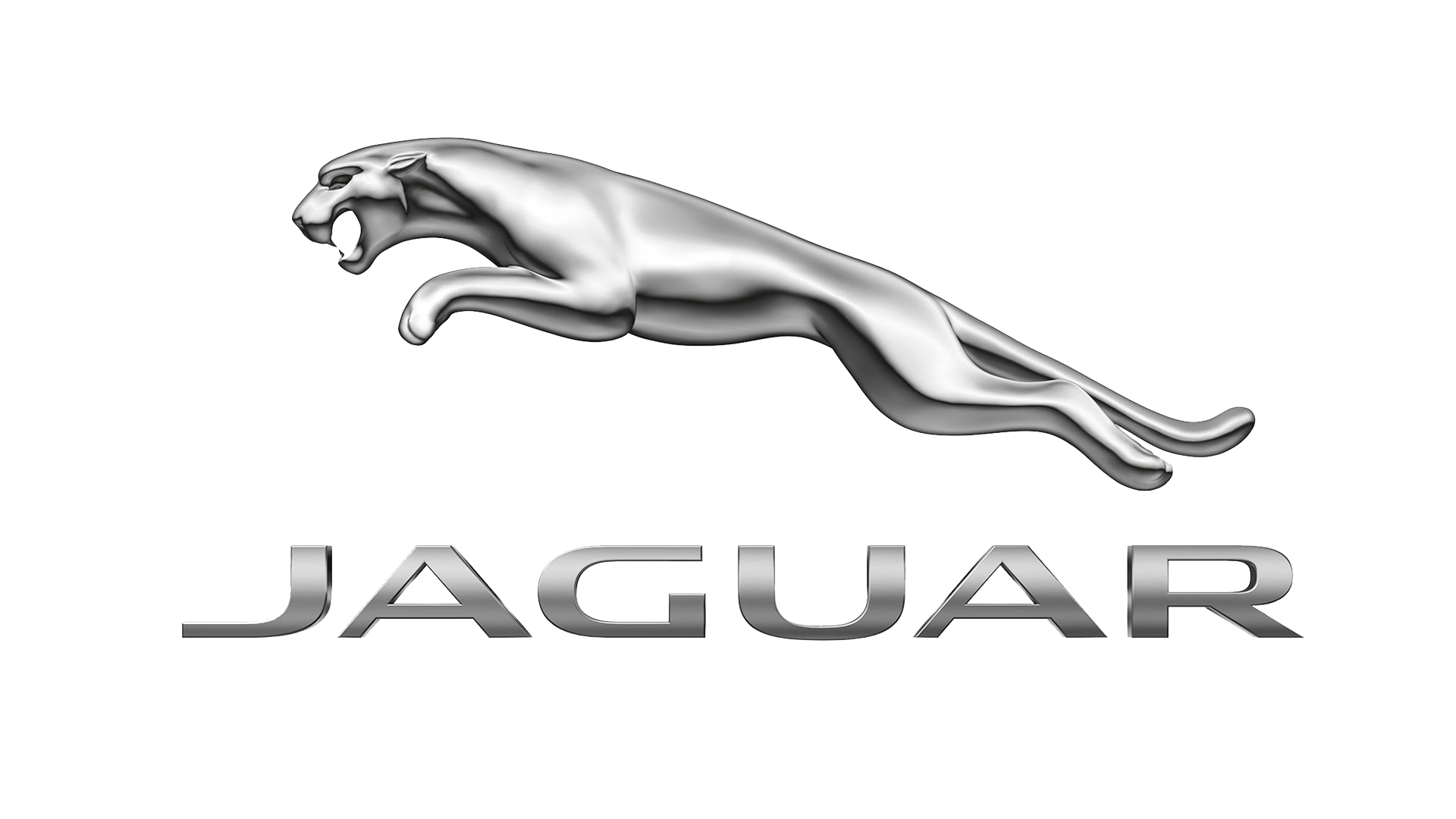Import rules and requirements of Kenya must be followed in order to bring a used car into the country. You can choose your automobile knowing exactly what to look for by reading them. The guidelines for importing used cars into Kenya are provided in the guide below. Most used cars imported into Kenya come from the UK, Japan, South Africa, or Singapore.
Key Import rule of kenya : Requirements (2025)
| Requirement | Description/Rate |
|---|---|
| IDF | Mandatory; 2.5%–3.5% fee |
| PVoC/CoC | Mandatory for most goods |
| Import Duty | 0%, 10%, 25% (standard), 35%+ (sensitive items) |
| VAT | 16% |
| RDL | 2% |
| Excise Duty | Select products (e.g., vehicles, alcohol) |
| Vehicle Age Limit | Max 8 years (2018+ for 2025) |
| Vehicle Type | Right-hand drive only |
| Vehicle Inspection | CoR from KEBS-approved agency |
| Vehicle Tax Calculation | Based on actual invoice price (from July 2025) |
Import rule of kenya
Many people prefer to import used cars from Japan because they are less expensive. Used Japanese cars are also less worn out than cars that are locally owned. This is due to superior foreign roads that are less taxing on the car. Yet, there are rules that must be fulfilled in order to import a car into the nation.
Outline the following three main rules:
- Restriction on age
- Right-handed driving
- Inspection of Road Worthiness
If you want more how to buy a car from japan, you can click here
Restriction on age
If you want to import an automobile, the Kenyan government demands that the registration should expire after no more than 8 years. The Kenya Bureau of Standards' KS 1515:2000 states as much. For instance, only automobiles made in 2013 or later are permitted for the year 2021.
Besides that, there should be no more than a year between the year of manufacture and the year of registration. Your car won't be permitted to enter the nation if you don't heed these guidelines.
Right-handed driving
Any car brought into Kenya must have a right-hand drive. Left-handed vehicles cannot be registered unless they are specifically intended to be used this way.
Inspection of Road Worthiness
Each used vehicle brought into Kenya must pass the government-mandated safety and mechanical inspections. If it fails, customs will not release the car.
A licensed KEBS-connected inspection organization in the country of export is required to check all used vehicles before they are imported into Kenya for road worthiness, safety, and other regulations.
The preceding rules must be followed for all used automobile imports, including those brought in by diplomats, returning residents, and government employees. In addition, you will be expected to pay customs, taxes, and levies, as well as possess the necessary documentation.
Regulations, taxes and rules for importing
The following taxation are imposed by Kenyan laws and regulations:
Import Duty: Approximately 25% of the value is subject to import duty.
Excise Duty: About 20% of the total of the import duty and the customs value
Value Added Tax (VAT): 16% of the gross import duty, customs value, and excise tax.
Import Declaration Fee (IDF): A minimum of 5,000 USD or roughly 2.25% CIF, whichever is higher.
Following paperwork is needed when bringing a car into Kenya
- Original invoice for services
- Authentic logbook from the importation country that has been canceled by the origin country. The National Transport and Safety Authority (NTSA) will demand this in order to provide you with an authentic Kenyan Log book.
- Authentic bill of lading
- Certificate of pre-shipment inspection (certificate of road worthiness)
- A duplicate of your PIN card
Car trends in Kenya
Kenya's auto industry has been expanding during the past few years. The number of new players entering the market and the growth of established ones are clear indicators of this. Kenyan consumers now have access to a wider range of automobile models and manufacturers as a result of the increasing competition.
Toyota used to be the most well-liked automobile brand in Kenya.Due to Toyota's reputation for dependability and longevity, this was an important development. The popularity of other manufacturers like Hyundai, Mazda, Volvo, Porsche, Volkswagen, and Kia has caused a change in the Kenyan auto market in recent years.
luxury vs functionality
The majority of Kenyan car purchasers in the past chose their cars mainly on their functionality. Yet, there has been an increasing trend in the past few years for purchasing automobiles that are seen as being more fashionable and extravagant. This is consistent with international trends, which show that people are becoming more interested in buying cars that express their status and sense of style.
SUV cars Industry
The popularity of SUVs is one of the biggest shifts in the Kenyan auto market. In the past, sedans became the most widely purchased vehicle in Kenya. Due to the shifting environment, SUVs are now regarded as being more opulent and attractive, and as a result, they have become super trendy. Also, they provide greater room and are more useful for Kenyan purchasers. SUVs are, nonetheless, viewed as a choice for Kenyan customers who are prosperous. The reason is that many Kenyan customers cannot afford them because of their increased price level.
What are the requirements for importing cars in Kenya?
Three important requirements are outlined: the vehicle cannot be more than eight years old from the year of manufacture. Road worthiness and left-hand drive All used vehicles imported into Kenya must be in good condition in order to be driven on Kenyan roads. All left-hand drive vehicles are not permitted for authorization unless they're meant for special purposes, such as ambulances, fire tenders, and large construction vehicles imported for projects and ultimately donated to the Kenyan Government.
Vehicle importers must submit the following paperwork in order to get their vehicles through customs:
- Authentic Business Invoice.
- Bill of Lading original.
- got an import declaration form from customs.
- Genuine, authentic logbook from the country of origin.
- Roadworthiness certification
What are the import rules?
Age Restriction
Only cars made in 2014 and later will be permitted to enter Kenya starting in 2021.
Autos driven by the left side
All left-hand-drive cars cannot be registered unless they serve a specific function.
Road Worthiness
Prior to shipment, QISJ must assess the roadworthiness of all imported cars into Kenya.
What is the price of importing a vehicle into Kenya?
25% of the CRSP goes toward import duty, 20% goes toward excise duty, 16% goes toward VAT, and 2.25 percent goes toward the IDF Fee.
Is bringing a vehicle into Kenya less expensive?
Since they're less expensive than those at local car shops, many Kenyans prefer to import used cars. By eliminating the intermediary, consumers can reduce costs by up to 25%. However, importing requires a little more effort and can be challenging for many new importers.
Conclusion
You must pay the CIF value, which is the sum of the cost of the car, the cost of the insurance, and the cost of shipping the car and other products to the port in Mombasa. An Import Declaration Fee (IDF) must be paid in order for the imported car to be cleared. In Kenya, the import declaration fee typically equals 2.25% of the CIF value, or Ksh 5,000. Additionally, there is a 25% import duty. If you check off everything on this list, the importation procedure will go smoothly.
Next Drive is a Japan-based worldwide car exporter. In addition to assisting you in choosing the ideal vehicle, we can handle the shipping and clearance process, deliver your car to your door, and make sure it complies with all applicable laws. The cost of the car you want to import, including duty, shipping costs, and all other costs associated with having the car delivered to your door, can be readily obtained from us as we are one of the most popular companies in Japan that offers this service.





























